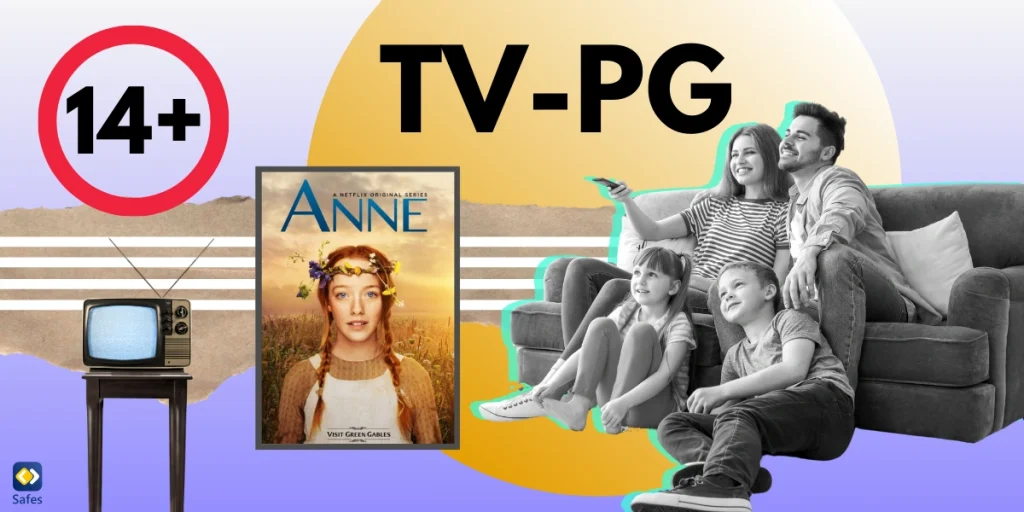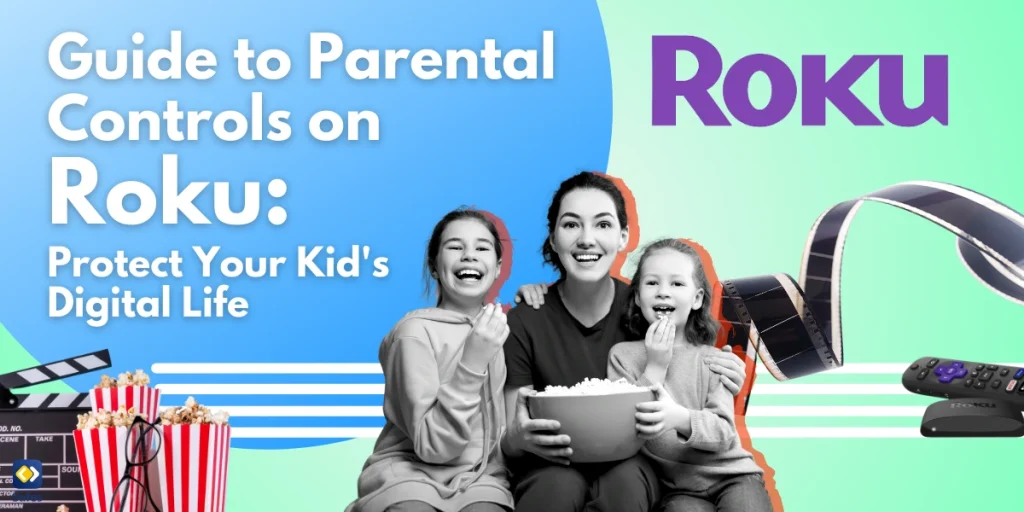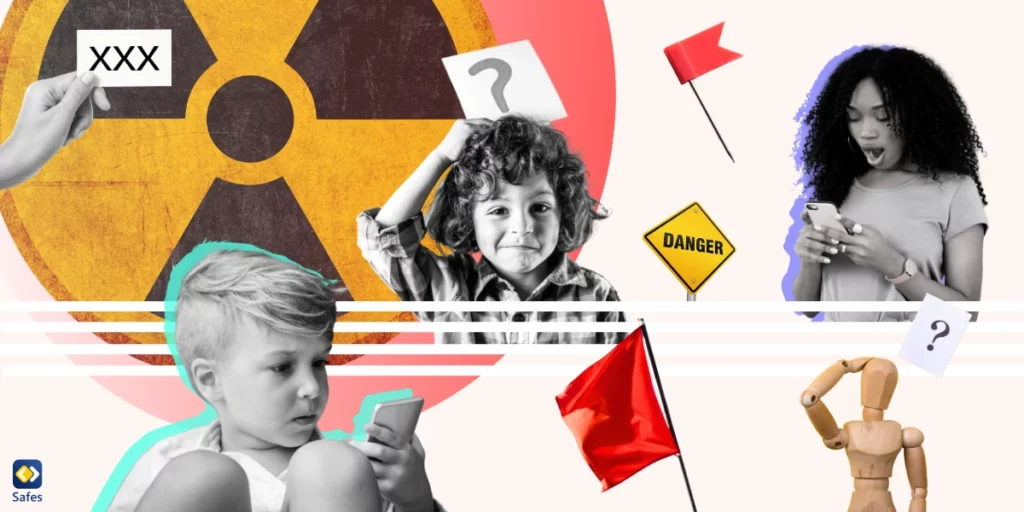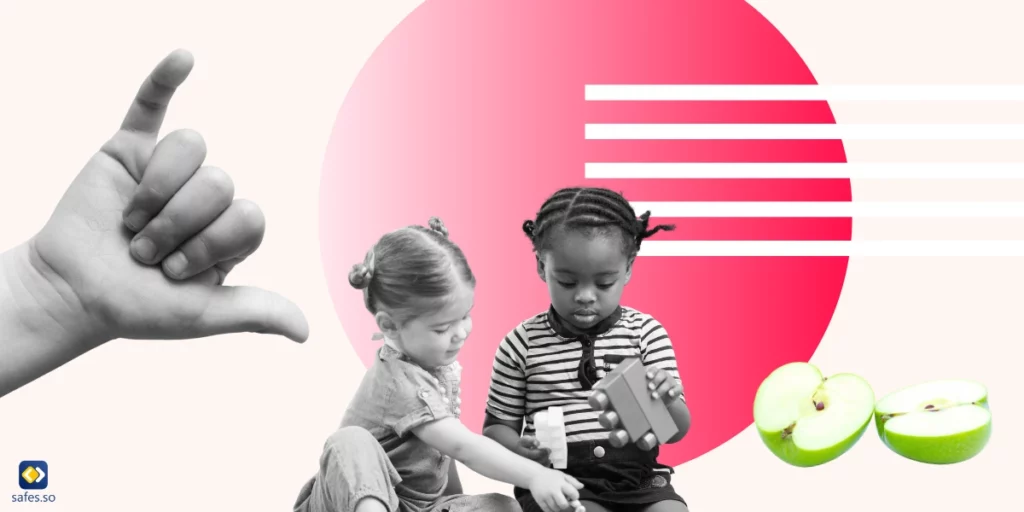As a parent, you may frequently find yourself in a dilemma when deciding if a TV show or movie is appropriate for your child. With an abundance of content available on various platforms, it is essential to curate what your child consumes.
Download and Start Your Free Trial of the Safes Parental Control App
One such show that has garnered attention from parents and children alike is “Anne with an E.” This article serves as an extensive Anne with an E parents’ guide, designed to help you make an informed decision about whether the show is suitable for your child.
Introducing the Series: Anne with an E
Anne with an E is a Canadian television series, a loose adaptation of Lucy Maud Montgomery’s 1908 classic work of children’s literature, “Anne of Green Gables.” The series, initially titled “Anne” for its first season in Canada, was created by Moira Walley-Beckett for CBC and Netflix. It tells the story of a young orphan girl, Anne Shirley, who is adopted by middle-aged siblings Marilla and Matthew Cuthbert. They live in Green Gables, a farm on Prince Edward Island. The series explores Anne’s life as she navigates through her new world, dealing with her past, making friends, and facing the challenges of growing up.
Positive Aspects of Anne with an E
The series has several positive aspects that make it an enriching watch for children. The character of Anne Shirley is portrayed as a strong, independent, and intelligent girl who is not afraid to voice her opinions. Her resilience, creativity, and determination make her a good role model for children. The series also highlights essential themes like the importance of family, friendship, and the power of imagination. It encourages viewers to embrace their individuality and to treat others with kindness and respect.
Concerns for Younger Viewers
While the series has many positive aspects, it also deals with some mature themes that may not be suitable for very young viewers. It explores topics like bullying, child abandonment, and psychological trauma. While handled with care, these sensitive topics may be too intense, making Anne with an E inappropriate for 8-year-olds and younger children.
Critic and Audience Reviews
Anne with an E has garnered positive reviews from critics and audiences alike. On IMDb, the series holds a rating of 8.6/10, based on user reviews. On Rotten Tomatoes, the first season holds a critic rating of 83%, with an audience score of 95%. However, the second season was not as successful as the first, receiving an average score of 43% from the critics and 86% from the audience.
Anne with an E was officially canceled after its third season and did not receive a renewal for a fourth season. The reasons behind the cancellation appear to be due to Anne with an E being unable to establish a large enough audience to justify the costs of production in the eyes of the networks. Despite fan campaigns and support from celebrities, the show remains concluded with its third season.
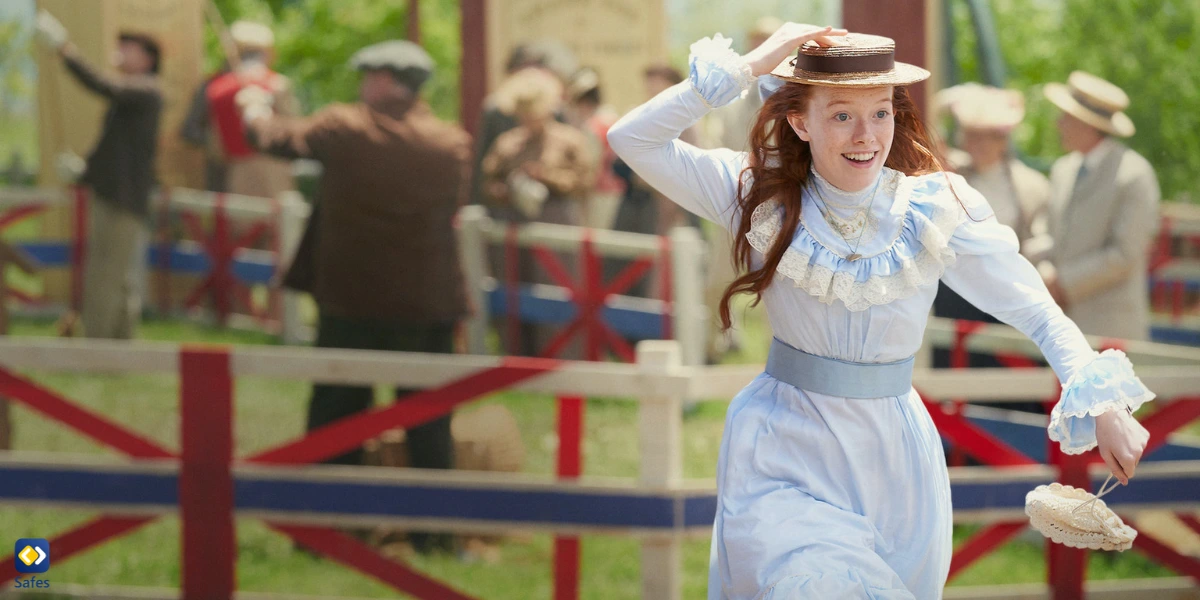
Anne with an E Age Rating
The official age rating for Anne with an E is TV-PG, which suggests that parental guidance is recommended. Other resources like Common Sense Media suggest that Anne with an E is appropriate for 12-year-olds and up.
If you look into parents’ and children’s points of view on Common Sense Media, you will notice a slight difference in what age they believe the show is suitable for. Children believe Anne with an E is appropriate for 11-year-olds, while their parents think it’s more suited for 13-year-olds and above.
Our Perspective
After watching the show, we believe while the series is officially rated TV-PG, this does not mean that tweens are barred from enjoying the adventures of Anne Shirley-Cuthbert. With thoughtful supervision and discussion, parents might find that Anne with an E offers valuable themes of resilience, empathy, and friendship that can resonate with and benefit younger viewers. That means Anne with an E is appropriate for 10-year-olds or even children a little younger than that.
On the other end of the spectrum, the question “Is Anne with an E appropriate for 14-year-olds?” can be answered with more ease. The series, with its rich storytelling, complex characters, and historical setting, is undoubtedly appropriate for teenagers. Fourteen-year-olds are at a stage where they can appreciate the nuances of the narrative, relate to the characters’ struggles, and understand the social issues presented throughout the show. Therefore, Anne with an E is an excellent choice for all teens, including 14-year-olds, who are looking for a meaningful and captivating viewing experience.
The Positive Impact of Role Models in Media
Children naturally seek role models to help navigate the complexities of growing up, as they are at a formative stage where they are building their understanding of the world and their place within it. They often look around themselves and to the media, including movies and series, because these sources provide a diverse array of characters and personalities, offering tangible examples of virtues, skills, and behaviors to emulate. The stories and characters they encounter can inspire them, provide a sense of possibility, and present a framework of moral values and social norms.
Role models in media can range from superheroes demonstrating courage to everyday characters displaying kindness and resilience. These figures can become influential by shaping children’s aspirations, guiding their decision-making, and bolstering their confidence as they grow and develop their own identities.
To give you an example, we can discuss Dr. Albert Ziegler and Dr. Heidrun Stoeger’s studies to explore how different cinematic female role models affect secondary school pupils’ self-confidence, interest, and intentions to pursue academic electives, particularly in mathematics and the natural sciences. In the study, 283 participants were divided into three groups, each watching a different film with varying portrayals of female leads in relation to gender norms and talents in math and science. The first film featured a female character with conventional traits and no talent in these subjects, the second had a non-conventional female lead who excelled in these areas, and the third combined conventional femininity with a talent for math and science. The third film was particularly effective in boosting interest among girls who already had a high interest in these subjects and among boys in general.
Another example is the book “Positive Psychology at the Movies: Using Films to Build Virtues and Character Strengths” by Ryan M. Niemiec and Danny Wedding. This book explores how movies can be used as tools for personal growth and education in the context of positive psychology. Positive psychology is a branch of psychology that focuses on the study of positive human functioning and what makes life most worth living, emphasizing strengths, virtues, and factors that contribute to human flourishing.
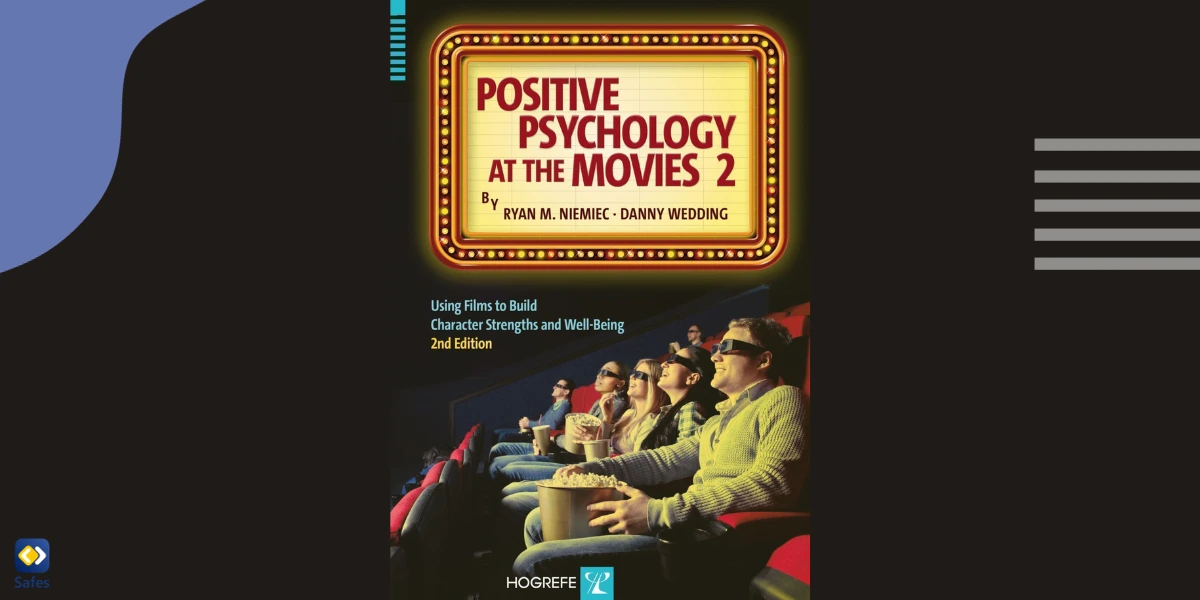
The authors discuss how different films can be leveraged to understand and develop virtues and character strengths. By analyzing movies, the book offers insights into how narratives and character experiences in cinema can serve as relatable examples to inspire and educate viewers about positive psychology concepts.
From these examples, we can conclude that a character like Anne Shirley, who exemplifies resilience, intelligence, and kindness, can serve as a positive role model for children.
Safeguarding Your Child’s Media Consumption
While it is important to expose children to positive role models in media, it is equally crucial to monitor their media consumption. You can use parental control apps like Safes for this matter. Safes allows you to monitor and control the content your child accesses online, ensuring they are exposed to age-appropriate and positive content. It also allows you to limit screen time, promoting healthier media habits.
Sign up to Safes today to start your free trial or download it from major app distribution platforms like Google Play and App Store.
Learn about how to set parental controls on different platforms by reading these pages from our website:
- Windows parental controls
- Macbook parental controls
- Android parental controls
- iPhone parental controls
Anne with an E Parents’ Guide: Final Verdict
Anne with an E is a beautifully crafted series that deals with important themes and features a strong, positive role model. While it, to some extent, deals with mature themes, it does so sensitively and thoughtfully. As a parent, if your child is aged 12 or above, Anne with an E might be a good series for them to watch. For children aged 8 to 11, parental discretion is advised. The series is not recommended for children younger than 8 due to its mature themes.
Anne with an E provides an opportunity for parents and children to discuss important topics like bullying, friendship, and resilience. With its positive messages and strong lead character, it can serve as a valuable tool for imparting important life lessons to children.
Your Child’s Online Safety Starts Here
Every parent today needs a solution to manage screen time and keep their child safe online.
Without the right tools, digital risks and excessive screen time can impact children's well-being. Safes helps parents set healthy boundaries, monitor activity, and protect kids from online dangers—all with an easy-to-use app.
Take control of your child’s digital world. Learn more about Safes or download the app to start your free trial today!
